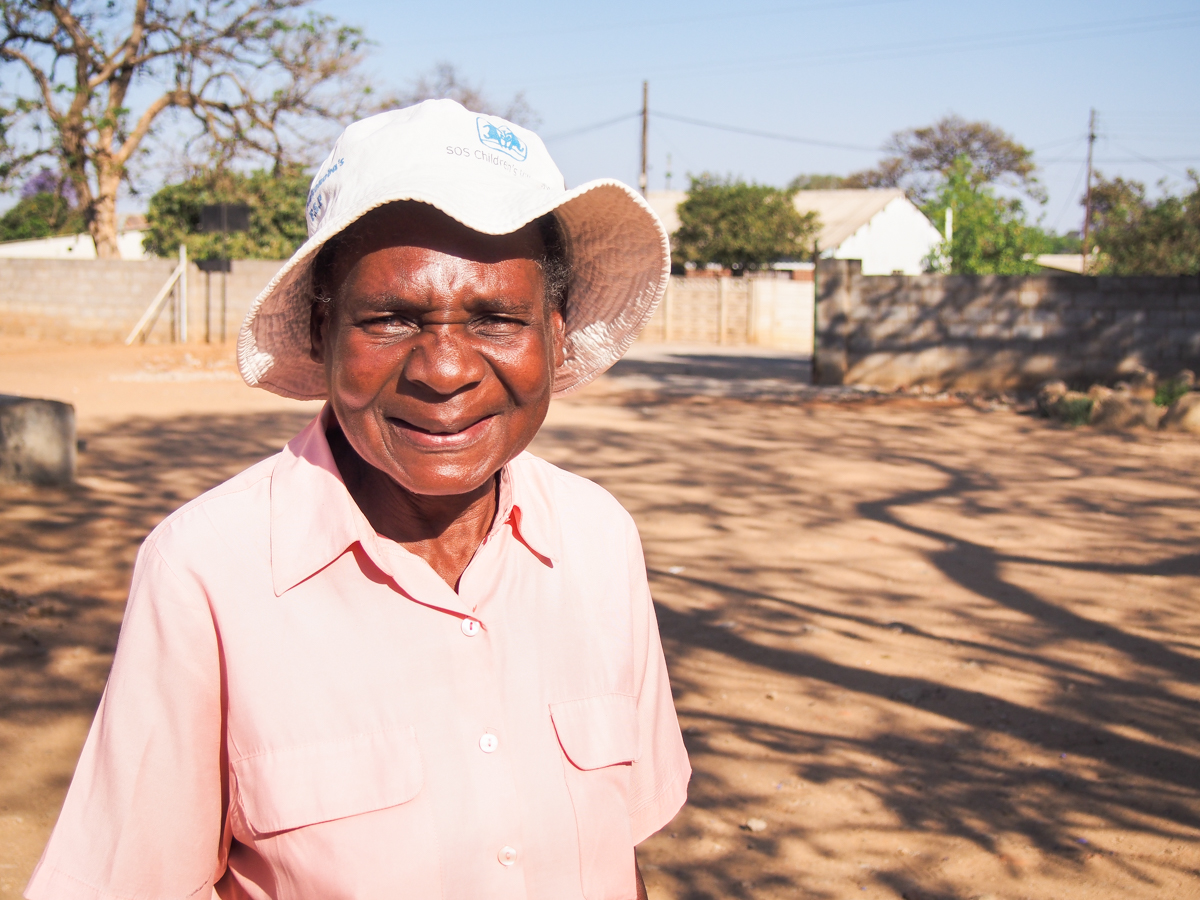Speaking with Gladys Mugabe is like turning the pages of a Zimbabwean history book. She readily reflects on the early days of the country’s independence in the ‘80s; the prosperous days of the early ‘90s, when the industrial sector of Bulawayo—her home and Zimbabwe’s second largest city—was thriving; and the late 2000s, when the former “breadbasket of Africa” became infamous for bread lines.
Zimbabwe has experienced a number of shocks to its economy in recent decades, including controversial land reforms, the demolition of urban slums, drought, and hyperinflation. In 2008, monthly inflation neared 80 billion percent; in 2009, Zimbabwe adopted the U.S. dollar in an attempt to restore stability and reverse economic decline.
In some ways, the country appears as a shadow of its former self. Driving through Bulawayo’s business district, you’ll see shuttered factories—some emptied entirely, others inhabited by squatters—street lights that no longer illuminate, and padlocked doors. Against this backdrop of economic collapse stands the mechanism of most Zimbabweans’ survival: the vibrant informal economy.
While Zimbabwe’s government acknowledges 11 percent unemployment, the CIA Factbook reports the country’s unemployment and underemployment rate as a staggering 95 percent. “True unemployment,” they write, “is unknown and, under current economic conditions, unknowable.” Since the factories have closed and jobs become scarce, the resourceful people of Zimbabwe have taken to the streets as market vendors, airtime salespeople, or used clothing distributors.
Gladys held her last formal job in 1995, but to say she’s unemployed would discredit the diligence with which she works each day. Gladys and countless others in similar situations have realized that simply selling excess fruits and vegetables from their gardens at home may not be enough. She remembers a time when she saw men and women pooling their resources in savings groups and wondered, “Why can’t we do something like that?” In August 2013, Gladys learned that she could—in conjunction with HOPE’s local church partner—and she has.
Gladys and six other women from her church gather each week to fellowship with one another and contribute $1.50. They thank God for His blessings. Instead of taking loans from their group, the members once a year take their collective savings and purchase nonperishable groceries in bulk. This annual stock-up provides each woman with enough nonperishable groceries for the entire year. Buying in bulk lets the women take advantage of discounts they could never get on their smaller, individual orders—stabilizing their food supply and giving them more margin for other economic activity.
Join HOPE in praying for the country of Zimbabwe, in particular for savings members like Gladys Mugabe who are working, believing, and praying for a brighter future.

















I love Gladys’ story and I’m so thankful that there are more and more Gladys-es in Zimbabwe. I have volunteered around the Mutare and Honde Valley regions with Hands at Work and I see that women are inventive and generous with their desire to provide for themselves and their families.